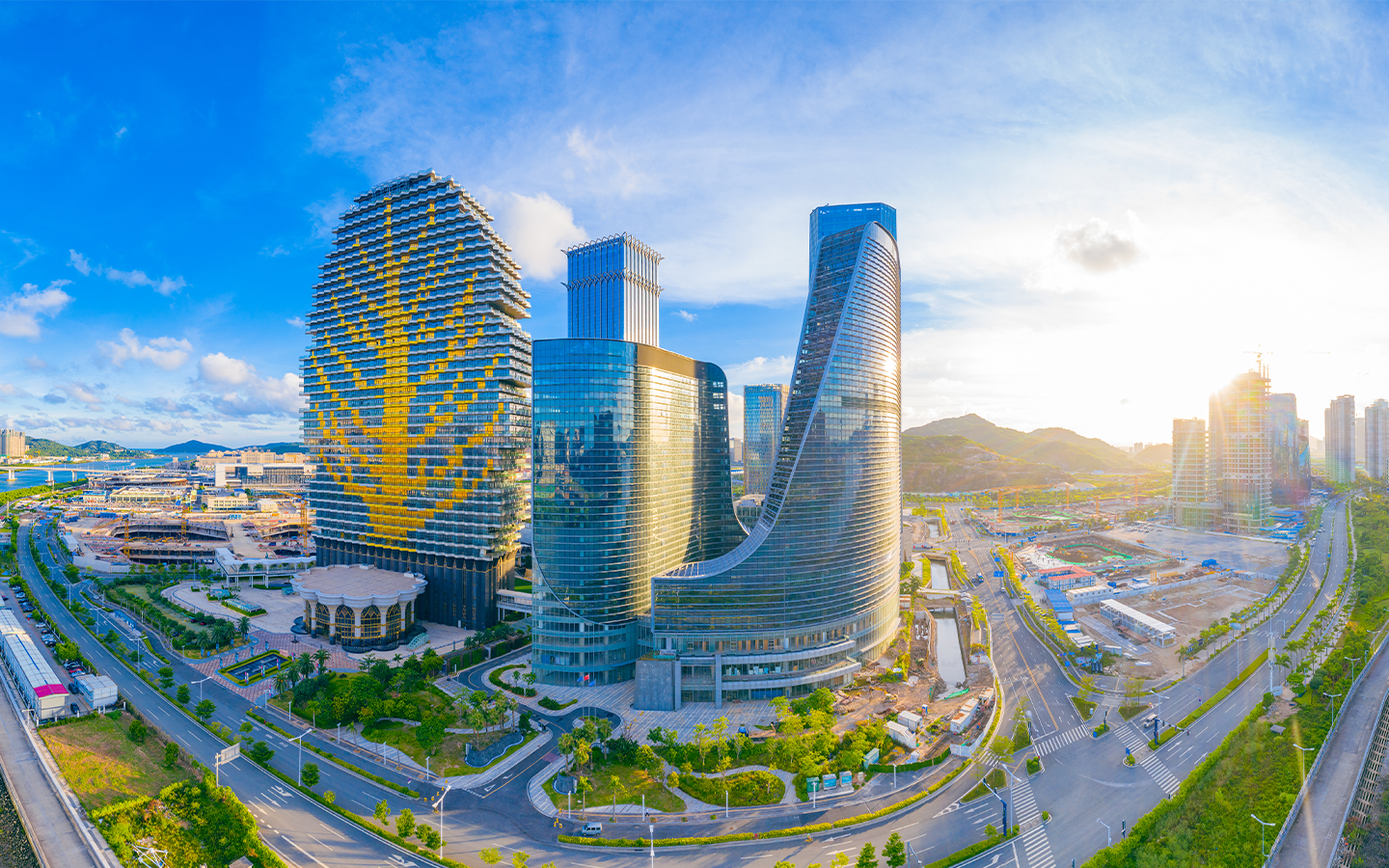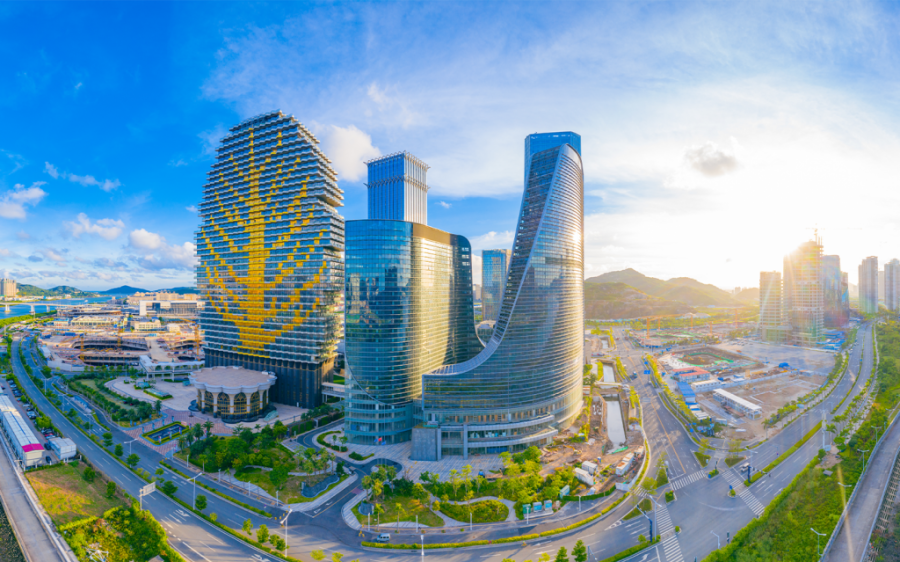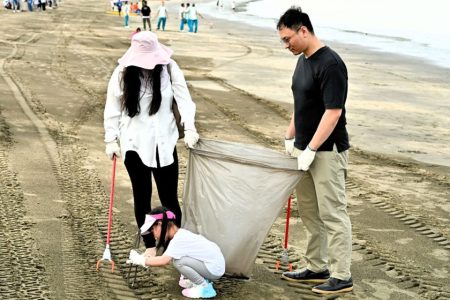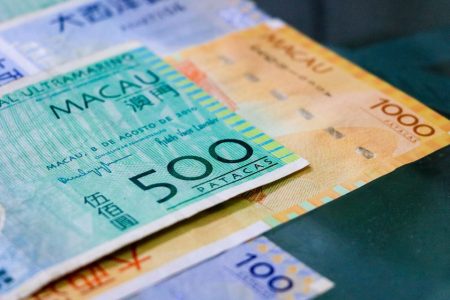Guangdong will be in charge of Hengqin’s policing, Secretary for Administration and Justice André Cheong Weng Chon has confirmed.
Cheong underlined that as the zone will be under Guangdong’s administration, law enforcement officers for the zone will come from Guangdong, and they will be in charge of national security, criminal justice and public security.
Ng Chi Kin, an advisor to Cheong’s office, said that a “mutual discussion, joint construction, joint administration and shared benefit” system will be achieved through the zone’s newly implemented management commission, executive commission, Guangdong government delegations, income sharing and evaluation mechanisms.
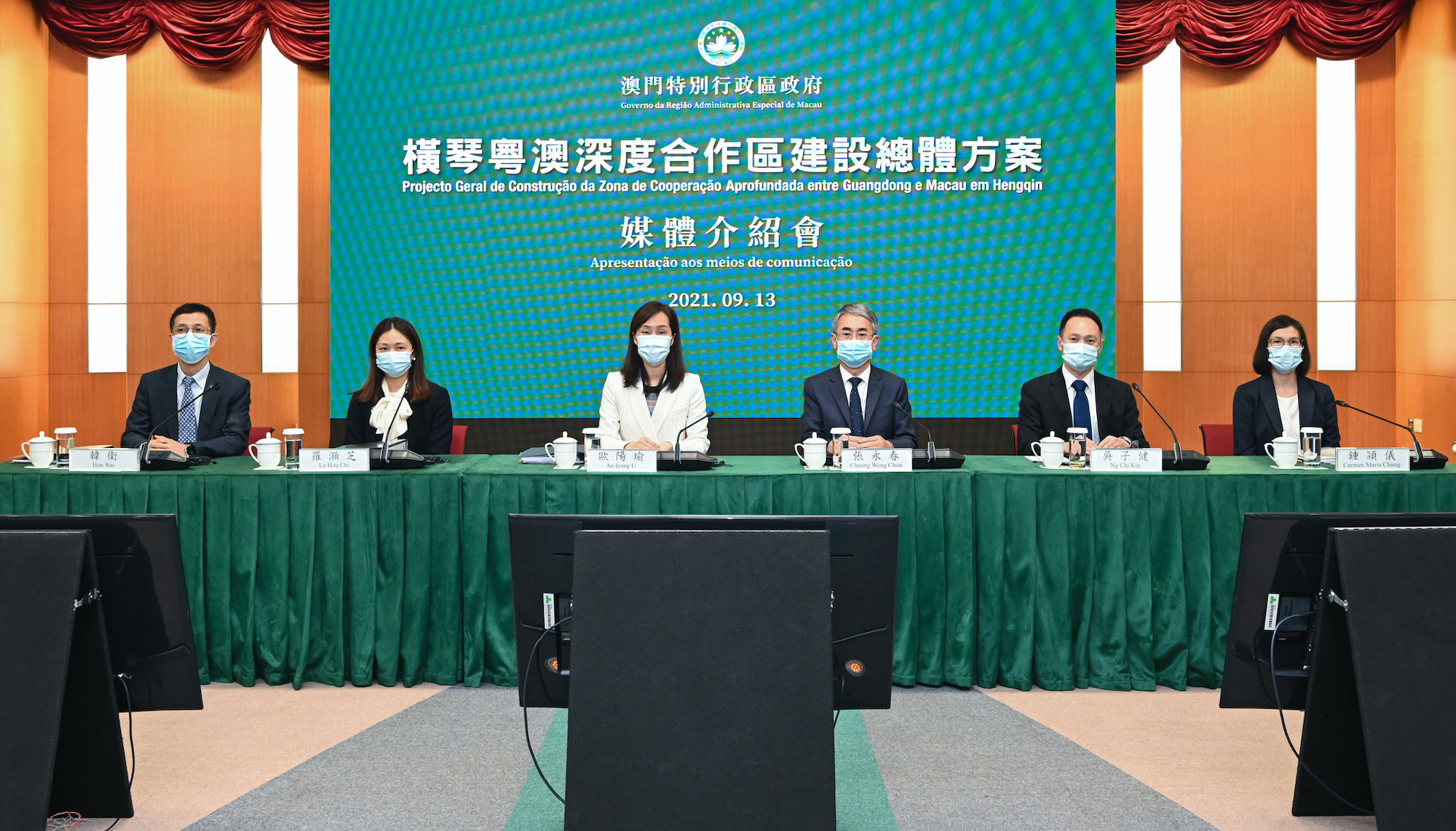
Ng pointed out that the management commission will be responsible for decision making for important plans, policies, and projects. He pointed out that there will be two chiefs at the commission, the governor of Guangdong and the chief executive of Macao, adding that Macao will also appoint a permanent deputy chief, while both Macao and Guangdong will be appointing deputy chiefs for other entities. Cheong added that the candidates for the position must be approved by the central government.
Ng also said that the executive commission’s main tasks involve international promotion, attracting direct investment, introducing new industries, and managing the daily lives of Hengqin residents.
Cheong reaffirmed that the zone will be under the Guangdong government’s administration, stressing that it is not part of Macao, as a result, the Guangdong government will be in charge of law enforcement.
He pointed out that there is no extradition law between the mainland and Macao, hence, at the moment, if a crime is committed in Hengqin, the Guangdong provincial government will take charge of the case.
Ng elaborated on the income sharing mechanism, pointing out that until 2024 all investment revenue will be used for the development of the zone, while afterwards the legal entities will set up an income-sharing system between Guangdong and Macao.
Cheong underlined that the aim of the legal and management system in Hengqin is to gradually create an institutional system in the zone using Macao’s civil and commercial law regulations and international criteria but always based on the nation’s Constitution and the Macao Basic Law.
Secretary for Social Affairs and Culture Elsie Ao Ieong U and her office advisor, Lo Hou Chi, introduced the “Macao New Neighbourhood” project which covers health care, education and social services as well as social security.
Lo said that health care in the neighbourhood will take reference from Macao’s health centres, providing free medical care for Macao residents. She also pointed out that there will be a school in the neighbourhood, expecting to have 1,000 students including 18 primary school classes and 12 kindergarten classes.
She pointed out that social service facilities’ standards will match Macao’s service centres. Lo also said that for health care in the neighbourhood, doctors are allowed to use medicines and machines that are registered and approved by Macao. She stressed that the development of the neighbourhood is organised by Macau Urban Renewal Limited.
Lo explained that the school will prioritise Macao students, adding that residents will be able to enjoy both the mainland’s medical insurance and Macao’s medical benefits. She stressed that the ultimate goal is that residents can benefit from Macao’s retirement benefits without having to return to Macao.
Asked about the application process for residency in the neighbourhood, Cheong said that both governments were still brainstorming the plan. He added that there are still many legal and management issues regarding the zone that need to be discussed, reported The Macau Post Daily.
